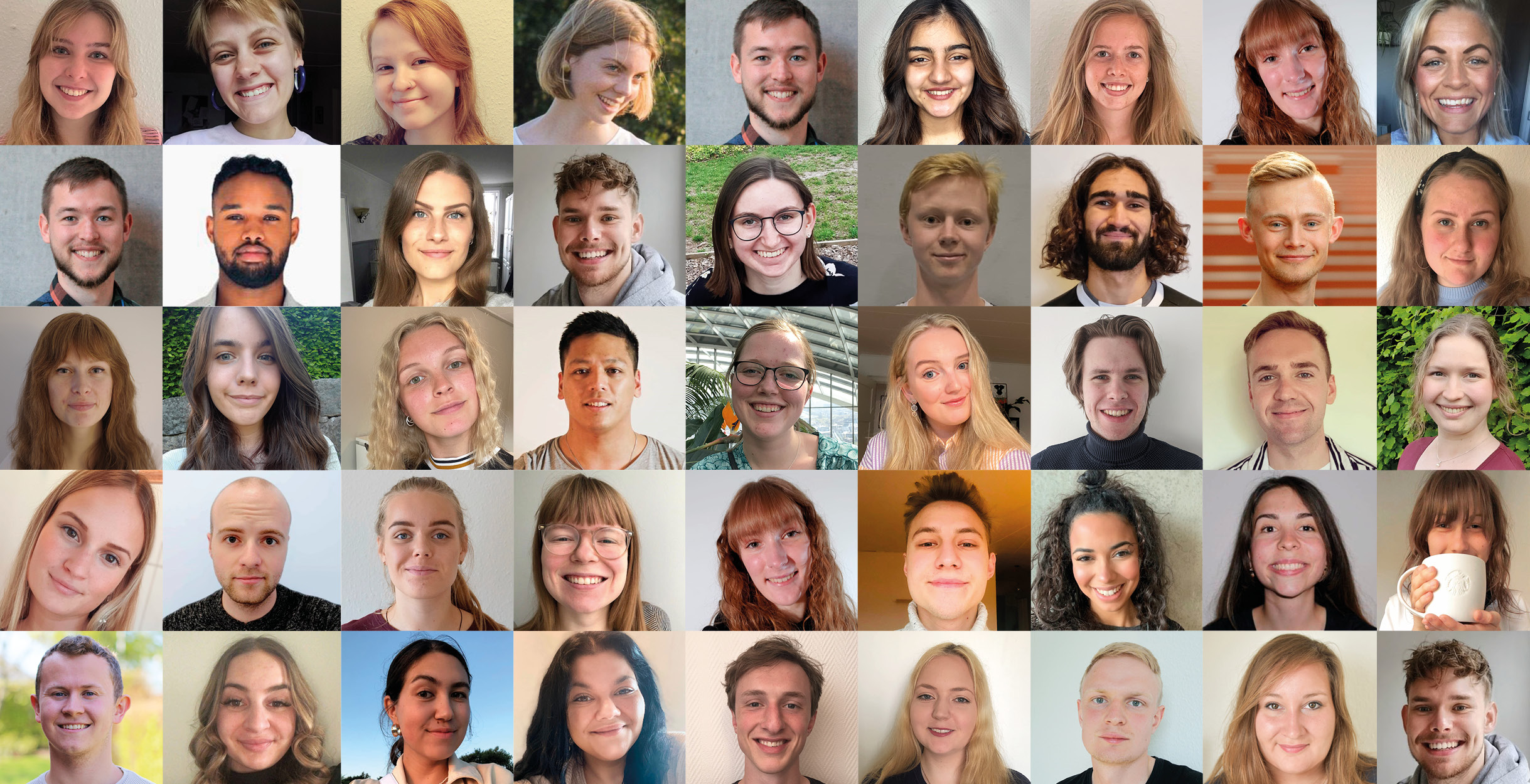Entry requirements
To qualify for admission, you must have a relevant degree on a Bachelor's level. You are qualified for admission if you hold one of the following degrees:
- Bachelor's degree in Software Engineering from SDU Odense - gives you a legal claim for admission
- Bachelor's degree in Game Development and Learning Technology from SDU commenced in September 2022 or later - gives you a legal claim for admission
- Bachelor’s degree in Software Engineering from SDU Sønderborg
- Bachelor’s degree in Software Development from ITU
- Bachelor’s degree in Software from AAU
- Bachelor’s degree in Computer Engineering from AAU or AU
- Bachelor’s degree in Cyber and Computerteknologi from AAU
- BEng in Software Engineering from SDU
You can apply if you hold a similar, relevant degree in Science or Engineering. To be considered, your degree must include a minimum of:
- 20 ECTS in Software Development and Programming
- 5 ECTS in Operating Systems
- 5 ECTS in Distributed Systems and Networking
- 5 ECTS in Database Systems
- 5 ECTS in Algorithms and Data Structures
- 5 ECTS in Statistics
- 10 ECTS Larger engineering project
Language requirements
The programme is taught in English. If your Bachelor's Degree is not from SDU, you are required to submit proof of your proficiency in English. See the English language requirements.
Selection criteria
There is a limited number of study places. If there are more qualified applicants than study places, the selection of applicants without a legal claim will be based on an assessment of the academic level in relevant courses on your bachelor’s degree. The following criteria are included in the assessment, each criterion weighs 50% in the overall assessment:
- Courses in the following subject areas (ECTS points)
You will get one point if you have more ECTS in a subject area than required to meet the entry requirements. You can get up to 7 points in total.
- Software Development and Programming (1 point if more than 20 ECTS)
- Operating Systems (1 point if more than 5 ECTS)
- Distributed Systems and Networking (1 point if more than 5 ECTS)
- Database Systems (1 point if more than 5 ECTS)
- Algorithms and Data Structures (1 point if more than 5 ECTS)
- Statistics (1 point if more than 5 ECTS)
- Larger engineering projects (1 point if more than 10 ECTS)
- Grade point average of your qualifying degree (Danish 7-point grading scale)
- GPA 7 (1 point)
- GPA 10 (2 point)
- GPA 12 (3 point)
Note that if the degree is not completed at the time of application, the grade point average is calculated based on the courses passed at the time of application.
As a Bachelor student at SDU, you can apply for permission to follow up to 30 ECTS Master-level courses even though you have yet to complete your Bachelor’s degree.
You can be granted permission if you have the necessary academic qualifications. The progression of your Bachelor’s programme is crucial to the outcome of your application.
Check to see whether you fulfil the conditions
By choosing your faculty below you can see which conditions you generally must fulfil to be permitted to take Master-level courses. Please acquaint yourself with the rules before you apply for permission since you must indicate in your application whether you fulfil the conditions or not. Read more here.
If you have previously been admitted to the programme, or already are, then special rules may apply when you apply for admission.
Find the scenario that suits you and read more: Re-enrolment, re-admission, transferring and change of programme
Have you completed a Master’s programme?
If you’ve already obtained a Master’s degree, you can only be admitted to a new Master’s programme if there are vacant study places in the programme.
Learn more about rule and the possibility to apply for exemption.
Have you completed another type of study programme?
As long as you do not hold a Master’s degree, you are free to apply for admission to a new programme.

